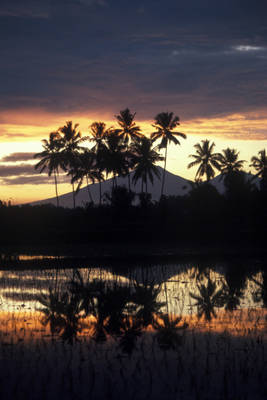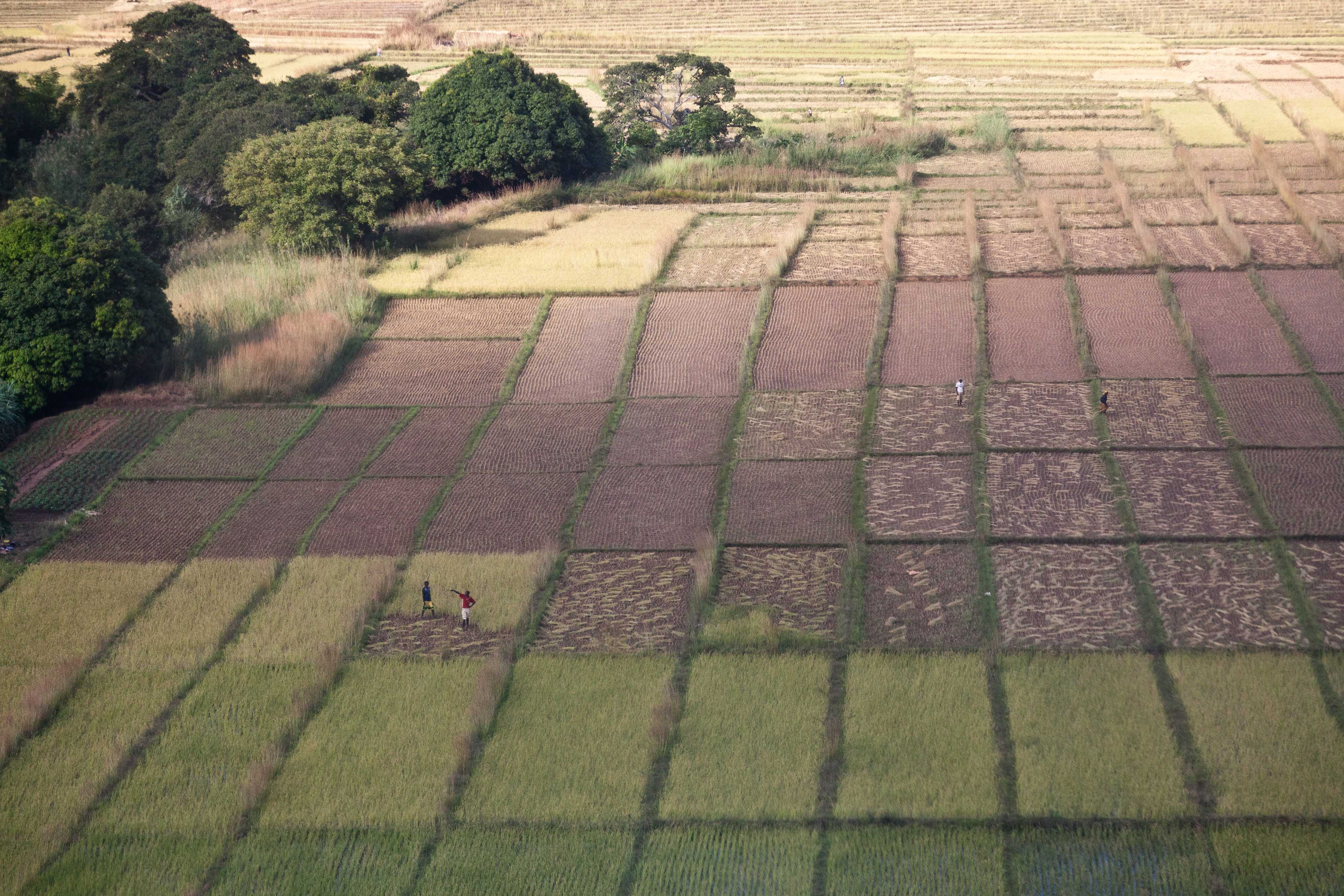Indonesia

Working towards sustainable oil-palm crops
In Indonesia, oil-palm cultivation takes place both within and outside agribusiness schemes and the oil-palm acreage under smallholder cultivation (2.5 million ha) accounts for more than half of the total oil-palm area (4.5 million ha). Oil-palm smallholders receive no government support and do not have access to systemic data to inform their farm structure and performance.
Small oil-palm farmers face three main challenges:
- Tenure challenges due to a lack of proper legal documentation;
- Market exclusion risk, due to international and national standards that will soon be mandatory for market access (RSPO, ISPO);
- A lack of access to quality seeds and adequate advisory support.
WAW aims to support SPKS, the national oil-palm farmers union, INOBU, an Indonesian research institute, and the Government of Indonesia by establishing an information system on independent oil-palm producers, which will consolidate ongoing initiatives. The initiative will build on Cirad’s current pilot project with SPKS and will seek to collaborate with INOBU and the government. Establishing such an information system is a step towards designing and supporting the development of sustainable oil-palm crops.

